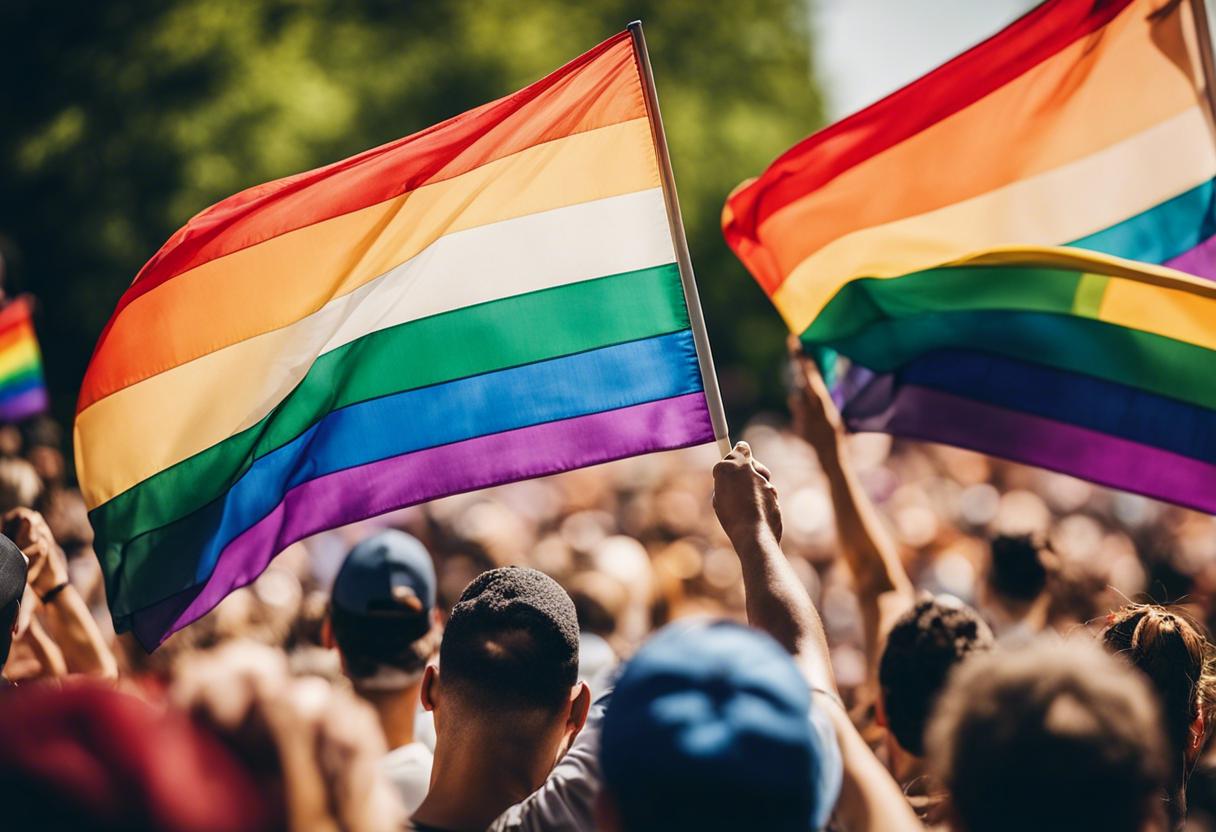Trinity College Dublin researchers released a report on Thursday illustrating a grave worsening of mental health issues within the LGBTQ+ society. The research, involving upwards of 2,800 LGBTQ+ participants, suggests an evident decline in their mental well-being since 2016. This downfall in mental health has been notably prevalent amongst younger demographics, as well as individuals identifying as transgender or gender nonconforming.
The study, commissioned by LGBTQ+ youth group Belong To, is a follow-up to the comprehensive report on Ireland’s LGBTQ+ community’s mental health, which was first presented in 2016.
Within the sub-group of 631 participants aged 14 to 18, 77% confessed to harbouring suicidal thoughts, 72% admitted to self-inflicting harm, and 33% disclosed unsuccessful suicide attempts.
Alarmingly, 66% experienced symptoms of anxiety ranging from severe to extremely severe, with half of them claiming to suffer from severe or extreme depression.
When juxtaposed with a 2019 research by the University College Dublin probing the mental health conditions of the LGBTQ+ community, the recent report notes a dramatic increase in self-harm practices.
Elements such as self-loathing, guilt, experiencing gender dysphoria, bullying, discriminatory behaviours, and adverse reactions from their immediate social circles, are the primary drivers behind compromised mental health.
Survey results indicate 72% enduring verbal harassment across all age groups, and 51% feeling threatened when expressing affection to a same-sex partner publicly.
About a quarter reported physical assault incidents, a third disclosed non-consensual sexual contact, and one in six experienced sexual violence triggered by their LGBTQ+ status.
Almost half (49%) faced homophobic, biphobic or transphobic bullying at school, with 79% witnessing such incidents. Furthermore, 62% reported that their schools did not take any proactive measure against LGBTQ+ bullying.
In the preceding five years, about 60% sought professional mental health assistance.
Mental health problems were notably prevalent in gender nonconforming and transgender participants, with 22% not living their truth openly.
A 14-year-old participant reported suffering significant amounts of transphobic harassment from fellow students, including being labelled as an attention-seeking freak, being urged to starve themselves due to their weight, cruel jabs about their appearance, and the widespread fabrication about having head lice.
Whilst there’s been a noticeable shift in societal acceptance of lesbian, gay and bisexual (LGB) individuals since 2016, public sentiment towards the transgender and intersex communities still remains less favourable, reveals the study. Remarkably, those who admitted to more interaction and greater understanding of transgender and intersex individuals were more predisposed to hold positive views.
A large majority of 84 per cent of participants expressed their comfort if they were to have an LGB child, dropping to 69 per cent in the scenario of having a transgender child.
Moninne Griffith, the CEO of Belong To, expressed that the findings were dispiriting yet not entirely unexpected. She highlighted a concerning rise in anti-LGBTQI+ and specifically anti-trans attacks. Griffith suggests the government, policy makers and allies should use these findings as an incentive to double their efforts to eradicate anti-LGBTQI+ prejudice and discrimination, with the aim of creating an environment where the LGBTQI+ community feel safe and valued.
For those in need of support or information, the HSE recommends the LGBT Helpline 1800 929 539 among other resources for the LGBTI+ community.

